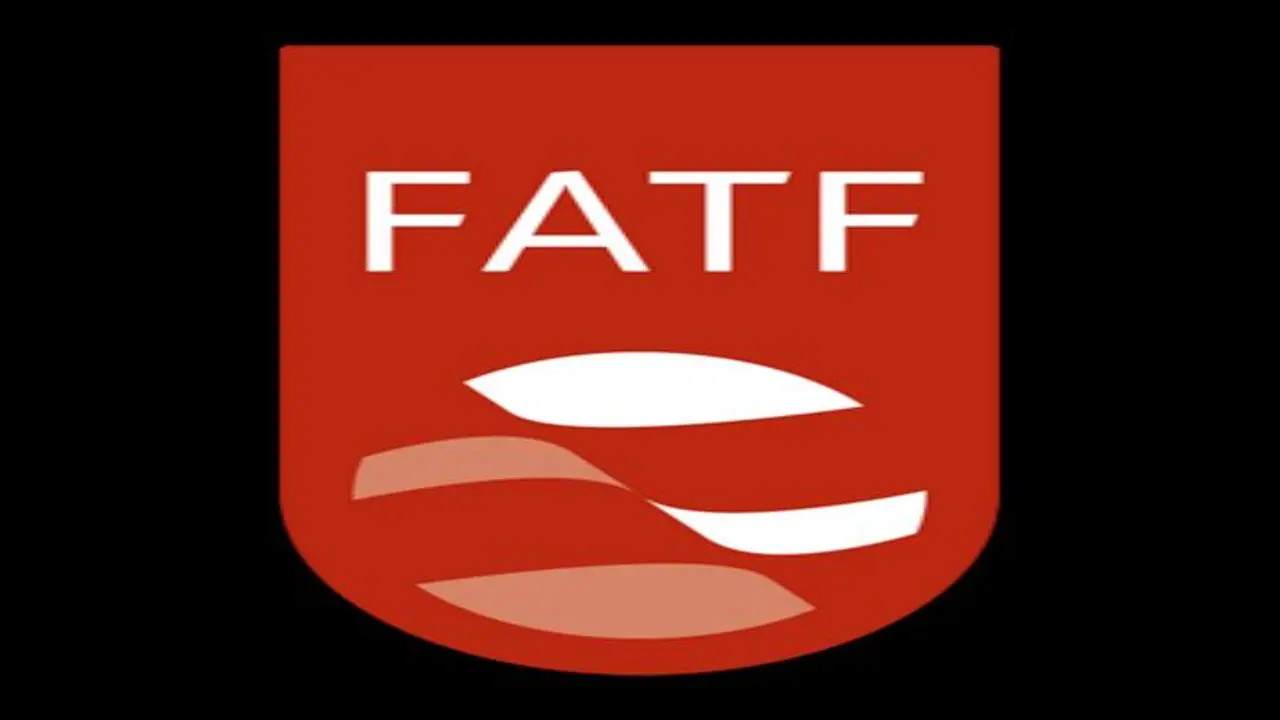The Financial Action Task Force (FATF) on Thursday released its mutual evaluation report on India’s efforts to combat terrorism financing and anti-money laundering measures.
The Financial Action Task Force (FATF) on Thursday released its mutual evaluation report on India’s efforts to combat terrorism financing and anti-money laundering measures. The report noted that India is not a major destination for money laundering proceeds linked to crime. Additionally, the FATF committed to conducting India's risk assessment every three years.

According to the latest report, India has achieved a high level of technical compliance with FATF recommendations and has made significant strides in addressing illicit finance. A joint assessment by FATF, APG, and EAG concluded that India’s anti-money laundering and counter-terrorist financing (AML/CFT) framework is producing positive results, particularly in understanding risks, accessing beneficial ownership information, and seizing assets from criminals.
Indian authorities effectively utilize financial intelligence and cooperate well both domestically and internationally. However, the FATF report highlights the need for substantial improvements in prosecuting money laundering and terrorism financing cases.
The report highlights that India’s primary sources of money laundering stem from illegal activities conducted within the country. These funds may be laundered domestically, abroad, or through a process where money is laundered overseas and then returned to India for reintegration into the legitimate economy. Consistent with the findings of the National Risk Assessment (NRA), India’s major money laundering risks include fraud, particularly cyber-enabled fraud, corruption, and drug trafficking.
The report also indicates that India faces significant threats from terrorism and terrorist financing, notably from groups such as ISIL (Islamic State of Iraq and the Levant) and Al-Qaeda operating in and around Jammu and Kashmir.
While acknowledging India’s strong focus on disruption and prevention, as well as its capacity to conduct complex financial investigations, the evaluation calls for improvements in concluding prosecutions and securing convictions and sanctions against terrorist financiers.
According to the FATF, the Enforcement Directorate (ED) is the sole authority designated to investigate money laundering activities in India and is capable of handling complex cases. The ED effectively pursues cases related to fraud and forgery but has shown less effectiveness in dealing with other offenses, such as human trafficking, migrant smuggling, and drug trafficking.
The report notes that the number of money laundering convictions over the past five years has been affected by a series of constitutional challenges, which were resolved in 2022, and a saturated court system. While prosecutions and convictions have begun to increase, a substantial backlog of pending cases remains.
Following the assessment, India is placed in the 'regular follow-up' category and, in accordance with FATF procedures, will report back to the Plenary in three years. Italy, France, the UK, and India are the only four countries currently in this category.
Why FATF's thumbs-up matters to India?
The Financial Action Task Force (FATF) is an intergovernmental body established to combat money laundering, terrorist financing, and other risks to the integrity of the global financial system. It sets international standards and encourages their effective implementation by member countries.
India has been categorized under "regular follow-up" by the FATF, requiring it to report back in three years on its progress in addressing identified deficiencies. To maintain this status, India must continuously improve its framework for combating terrorist financing and money laundering as its economy expands.
India's position in this category, shared with only a few other G20 nations, highlights its leadership in regional anti-money laundering (AML) and counter-financing of terrorism (CFT) efforts.
Achieving high compliance with FATF standards boosts India's standing in global financial markets. This can lead to better access to international financial institutions and increased investor confidence, which is vital for supporting India's rapidly growing economy.
Investor Confidence: A favorable FATF evaluation enhances India's reputation as a secure and stable financial environment, attracting foreign investments. Strong ratings indicate a robust framework for addressing money laundering and terrorist financing, fostering trust in India's financial system.
Lower Borrowing Costs: Improved credibility can lead to reduced borrowing costs on international markets. This benefit extends to both public and private sectors, facilitating better financing options and supporting economic growth.
Unified Payments Interface (UPI): FATF recognition is expected to support the global expansion of UPI, India’s fast payment system. This will likely boost digital transactions and financial inclusion, making financial services more accessible to a wider population.
